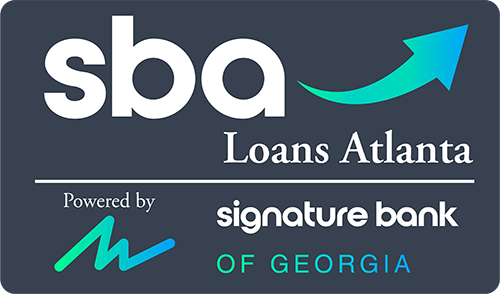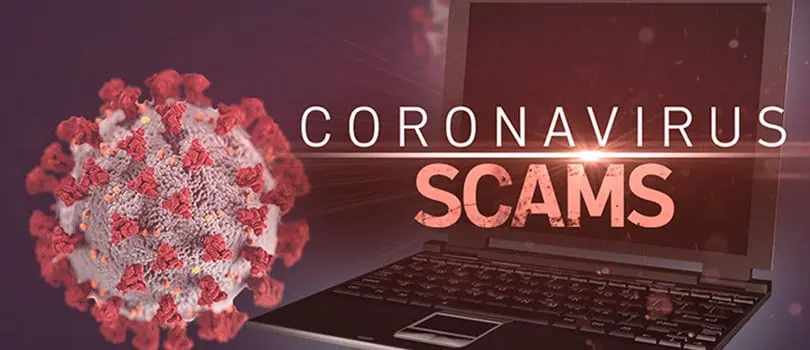During these unprecedented times, it seems there’s a new worry popping up daily if not hourly. With millions applying for unemployment, filing their taxes and waiting for stimulus checks, and worrying about paychecks and mortgage payments, an unfortunate by-product of this pandemic has been a rise in scammers looking to take advantage of people’s uncertainty and need.
You’re washing your hands, wearing a mask and social distancing to protect yourself from the virus, but are you also doing what you can to protect yourself from fraud?
Whether you own a small business or you’re taking care of your own finances, here’s what you need to know.
Economic Impact Payment Check Scams
Many who qualify for an economic impact check (or “stimulus check”) from the government are anxiously awaiting its arrival to help pay bills, rent or their mortgage, and there are already many types of scams circulating.
What kinds of scams are happening, and how should you react?
- For those who have direct deposit, you should see your economic impact payment show up in your account over the next few weeks. If you do not have direct deposit, checks will not go out until sometime in May, so if you receive a check before then—or if you are expecting a direct deposit and receive a check in the mail instead—know that this is not a legitimate check. This check is a scam.
(As a side note, setting up a direct deposit could not be easier. We are here to help you with that process if you need assistance, and then you won’t have to worry about whether or not your check is valid.)
- Another way scammers are trying to take advantage of people waiting for their stimulus checks is by sending official-looking checks for a higher amount—say, $3,000—and then asking recipients to send back the overage in the form of cash, gift cards or a wire transfer. Do not deposit these checks or send back any overages. This is also a scam.
- You might receive a call, text or email from someone claiming to work for the IRS asking for personal information or bank account information or asking you to verify information. They even are sending official-looking postcards with a password to access or verify your information and may do what they can to intimidate you. The IRS never will ask you to verify your information, so if you receive a call, text, email or postcard, do not reply; it’s a scam.
- It should be expected that these scammers also are doing whatever they can to take advantage of senior citizens right now. This happens when we aren’t facing a global health crisis, and there’s been a rise in this activity since. During this pandemic, these fraud attempts have been made to those even in their 60s because scammers know that this is a vulnerable age group when it comes to this new coronavirus. Stay educated about what is happening, and never give your information over the phone or via email.
Fraud Aimed at Your Small Business
There’s no denying that economic upheaval has changed the way we are currently doing business and that there have been lots of unusual financial transactions as a result—things like rush orders, canceled deals, refunds and more. So it should come as no surprise that fraudsters are using this as an opportunity to prey on small businesses.
Some businesses have reported receiving calls, emails and messages claiming to be from places like the Centers for Disease Control and the World Health Organization. Some even are sending links or asking you to download a document.
When these scammers make contact, they are asking for Social Security numbers, tax ID numbers and other confidential information and using it for their own benefit. This is a form of phishing, and they can use it to steal confidential data or even install malware on your network.
Hackers can gain access to your business’ email accounts or spoof an employee’s email address and do a lot of financial damage, like in these CEO imposter scams. They are sending emails to employees via a supervisor or CEO’s email account and asking them to wire money, transfer funds, send gift-card codes and more.
Since many people are working from home and financial transactions have been so out of the ordinary lately and an emergency request might not be so unexpected, these scams have been surprisingly effective, which is why it’s important to stay vigilant now more than ever before.
Your employees might be receiving illegal robocalls from fraudsters trying to make a profit at others’ expenses. These calls are targeting small businesses and selling bogus personal protective equipment and fraudulent test kits and sanitation supplies, and some even are asking for business information to update Google listings.
The best way to respond to these robocalls is to advise your employees to hang up. You can listen to one of these fraudulent robocalls here.
These are uncertain times, but that doesn’t mean you have to be uncertain about what is happening to your finances. Whether it’s protecting you from a scam or consulting with you about your options during this trying time, Signature Bank of Georgia is here to help. We are always here to answer your questions and provide counsel.
Can we assist you? Don’t be afraid to reach out. Contact us today.


